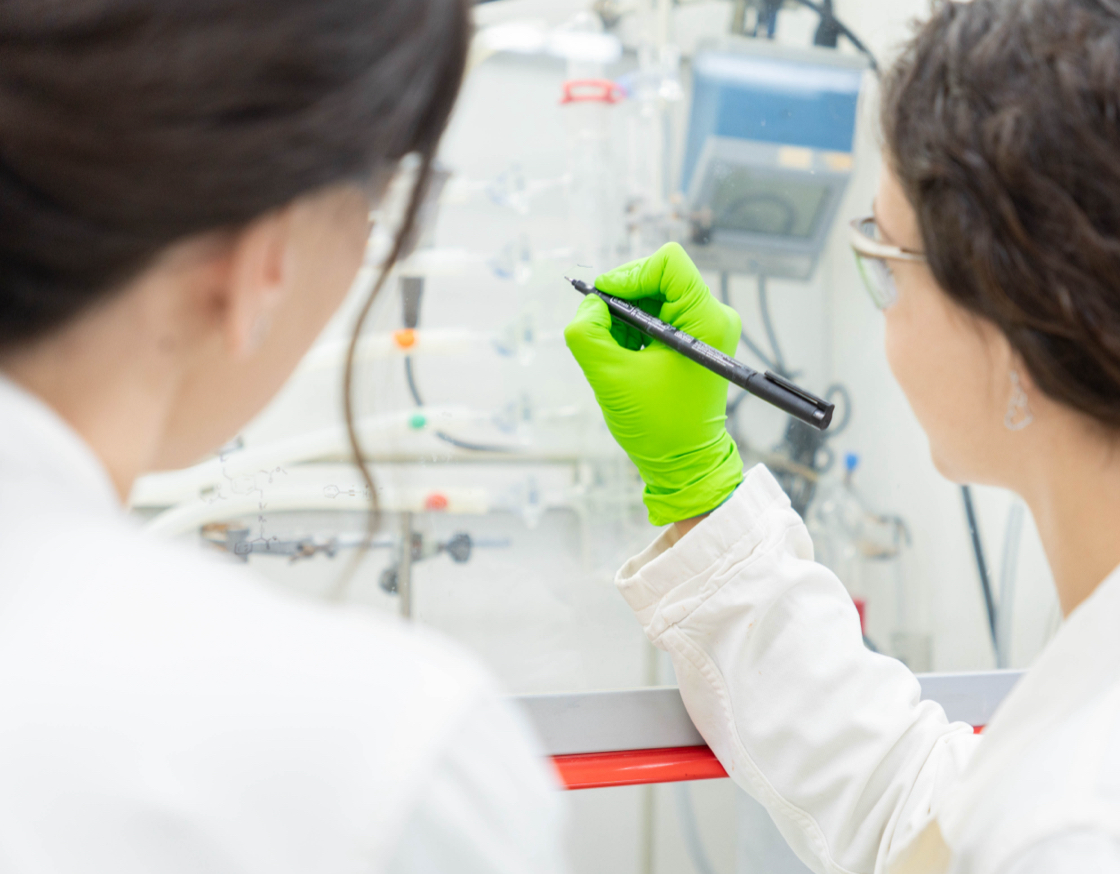ELECTRA-H2
Fabrication of Highly Efficient Electrodes and Test for the Production of Hydrogen under Industrial Relevant Conditions in Anionic Membrane Exchange Electrolyzers
Project description
ELECTRA-H2 comprises the validation of new technology for the fabrication of catalytic electrodes; the solution-combustion method, and its application to green H2 production. H2 obtained from water electrolysis when using renewable energy is an excellent green fuel to seasonally storage energy. Nevertheless, water electrolysis technologies are 2-5 times more expensive than H2 obtained from steam reforming of methane associated undesired CO2 emissions. An up-and-coming technology is the Anion Exchange Membrane since it does not use critical materials. However, the operative conditions still comprise too caustic pH values (14).
Our patented solution-combustion method allows the growth of catalytically active materials on top of metal substrates, such as metal foams and felts, forming stable and active catalysts that can operate at proton concentrations 10 to 100 times lower (pH 12-13). Our method is fast and straightforward, versatile, more catalytic efficient and cost-effective. We have proved that our method can be directly growth outperforming OER catalytic material (and a broad scope of highly entropic nanostructures of metal oxides, sulphides and phosphides) on top of current collectors in less than 2 min, form simple precursors, at low-temperature ignition (180-200 ⁰C).
ELECTRA-H2 will advance the technology to the market by validating the solution-combustion method to generated electrodes operative under industrially relevant conditions. The project plans to scale the preparation of the state-of-the-art OER catalysts, from a small testing flow cell electrolyser unit (4 cm2) to a membrane electrode assembly of 25 cm2. IP protection and market studies are already showing the relevance of the technology.
More importantly, the solution-combustion method is universal to produce a wide variety of catalytic materials, and therefore applicable to many different electrochemical processes with a potential transversal impact.

This project (PDC2021-121185-100) is funded by CIN/AEI/10.13039/501100011033 and by Unión Europea “NextGenerationEU”/PRTR.
-
Reference: PDC2021-121185-I00
-
Call identifier: Proyectos I+D+i Pruebas de Concepto 2021
-
Timeline
01/12/2021 - 01/12/2023
-
ICIQ's Budget
143,750.00 € -
Principal Investigator
Prof. Julio Lloret-Fillol
-
Financing agents
Ministerio de Ciencia, Innovación y Universidades

Let's create a brighter future
Join our team to work with renowned researchers, tackle groundbreaking
projects and contribute to meaningful scientific advancements














